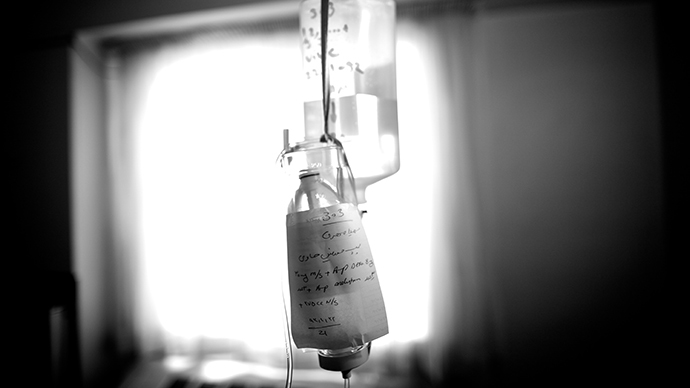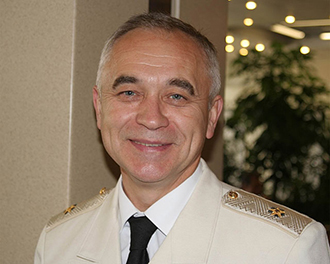‘Unbearable pain’: Сall for easier painkiller rules as cancer-stricken Russian admiral commits suicide

Russia’s Federal Drug Control Service says doctors must “increase access” to pain relief medicine for seriously ill patients, following the death of a high-profile admiral who shot himself after being denied morphine in the end-stages of cancer.
The drug control service “has never been against the use of
painkillers,” it said in a statement.
“Although federally, we have liberalized legislation, local
authorities still have not remodeled their system to increase
patient access to pain relief medicine.”
The defensive statement has been prompted by a public outcry over
the painful death of 66-year-old retired Admiral Vyacheslav
Apanasenko, who was once responsible for Russia’s underwater
ballistic missile arsenal.

According to his daughter, last Friday, Apanasenko’s wife did not make her way through the assorted waiting lines before a Moscow clinic shut for the weekend, leaving her one signature short and without the prescription. Facing the prospect of suffering through several days of intolerable pain, Apanasenko took out his service pistol and shot himself in the head.
But the shot was not lethal, and the retired admiral was taken to hospital with severe head injuries, where he died three days later.
His daughter told the media he had been upset, and that the denial of medicines was “the final straw.”
“I am prepared to suffer, but to see the suffering of those close to me is an unbearable pain,” Apanasenko apparently wrote in a suicide note.
His story is not a one-off.
Prior to last year, Russia had one of the world’s most restrictive prescription protocols for analgesics, with both doctors and patients risking potential accusations of illegal drug possession and distribution every step of the way.
Doctors had to receive approval from their head of department for every single prescription. Only one type of painkiller could be included in it, and anything but the smallest doses could arouse suspicion from the Federal Drug Control Service. Those suffering from chronic but non-terminal conditions were not routinely given any painkillers at all.
In turn, patients had to hand back every used vial of painkillers, as well as to receive a new assessment for every extension. In numerous cases even those with late-stage terminal illnesses had to personally show up at the hospital at regular intervals. In rural areas, this could necessitate trips of dozens of kilometers.
It is estimated that, on average, patients receive at least 10 times as many painkillers in the West as in Russia.
The Federal Drug Control Service officially relaxed the legislation last year, but anecdotal stories from patients and doctors suggest that the situation has not changed.
Among the roadblocks are pieces of local legislation that do not align with federal laws, physicians who are still scared of drug officials and a medical culture that views analgesics as a last resort.
“In any country the provision of sufficient painkillers for the duration of the illness is a fundamental part of healthcare,” Yuri Zhulev, who heads Russia’s patients association, told Rossiyskaya Gazeta newspaper.
“From the perspective of the drug authorities, there may well be a risk of these medicines ending up on the black market. But these fears are not an excuse to torture sick people and their relatives.”














